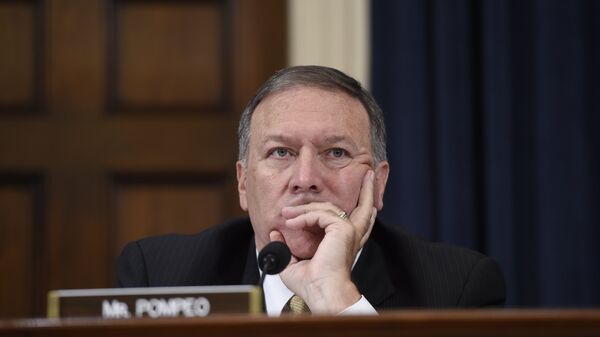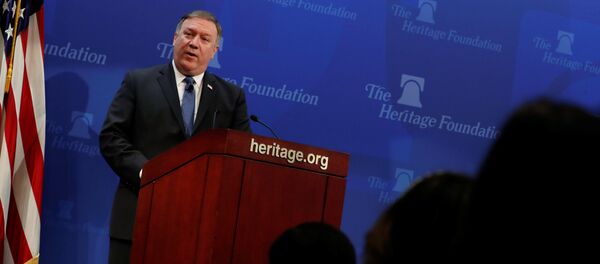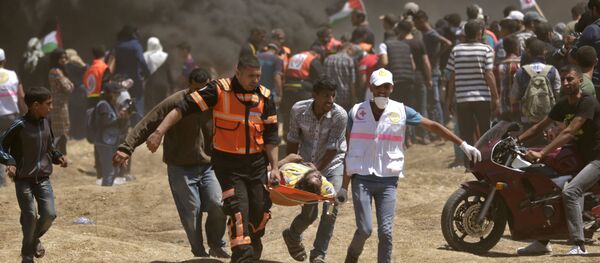Speaking on May 21 at the Heritage Foundation in Washington, DC, Pompeo said some pretty strange things in his speech, "A New Iran Strategy."
"Today, the Iranian Quds Force conducts covert assassination operations in the heart of Europe," he said nonchalantly, between calling out Iran's Taliban support in Afghanistan, support for Yemen's Houthis and the holding of US citizens hostage.
He never elaborated on that passage.
There was also a bombing of a bus with Israeli tourists in Bulgaria in 2012, but it was Hezbollah, the Lebanese militia, that was blamed for the incident. The former president of Argentina, Cristina Kirchner, was ordered late last year to stand trial for allegedly helping cover up Iran's alleged role in the 1994 Jewish center bombing that killed 85 people in the country. That connection has never been proven.
What were you talking about, Mr. Pompeo?
As per the Guardian, other journalists were also pretty puzzled by the statements and turned to Heather Nauert, the department's spokesperson, for comments. That didn't help.
"He has information and access to information that I do not," she said during a press briefing on May 22. "I am not able to comment on that in particular but I can tell the secretary has assured me that there is a basis for that point in his speech and he stands firmly behind that."
US diplomats specializing in Iran were equally surprised by Pompeo's allegations.
The claim was also questioned by Iraj Mesdaghi, a Sweden-based Iranian political activist who was jailed in Iran for a decade between 1981 and 1991.
"There is no evidence to back the claim that currently they are carrying out such operations in Europe," he said pointing out that the shooting of Kurdish dissidents in Berlin was never blamed on Quds Force or the Iranian Revolutionary Guards Corps (IRGC) in general.
But, according to the Guardian, the Dutch investigation has not publicly blamed the IRGC. If that is what Pompeo was talking about, then he just disclosed previously classified information.
"There is no public evidence to weigh these claims and European officials have been silent," says Shashank Joshi, a senior research fellow at the Royal United Services Institute in London.
According to Mesdaghi, Tehran gave up on the idea of assassinating people after a 1997 court case on the Berlin shooting made it clear the EU would not tolerate the practice.
"It would be very unusual for Iran to have carried out his killing, given the relationship they have with Europe now and the fact that Nissi was not influential, nor important enough," he said.




